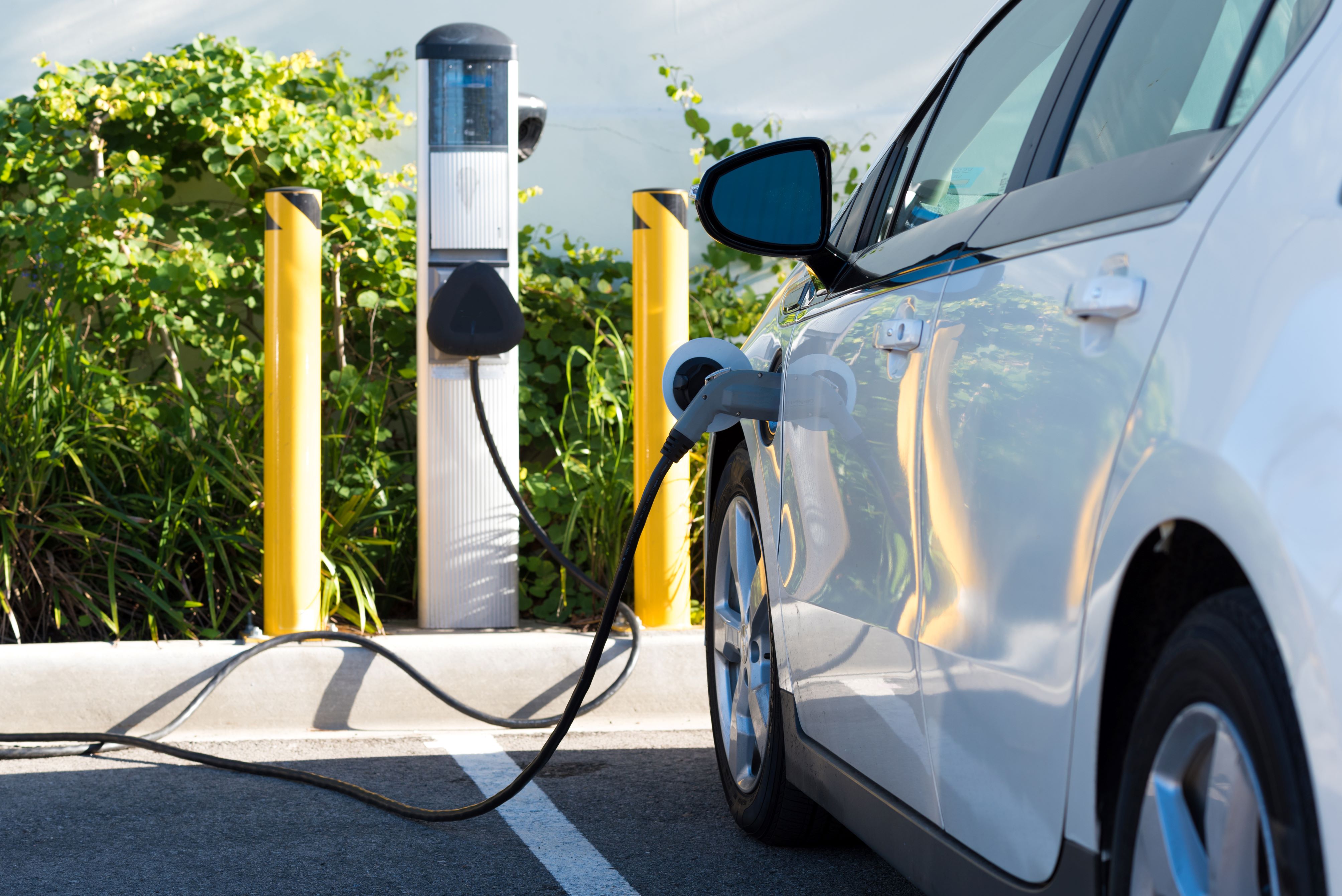
A key part of the drive to net zero – and a simple way for consumers to contribute to it – is the transition away from fossil fuel-driven cars and vans to electric vehicles (EVs).
Despite the UK and many other governments around the world delaying bans on the sale of new petrol and diesel vehicles, the EV industry continues to accelerate with unprecedented growth and innovation.
Tesla’s less-than-sparky start to 2024
The benchmark for successful EV companies remains Tesla. Elon Musk’s EV venture continues to dominate the market and its products are the yardstick against which all new EVs are measured. Since the sale of EVs took off in a meaningful way, Tesla has topped the global sales charts. But figures released this week for the last quarter of 2023 show that Chinese brand BYD sold more than Tesla; the FT promptly ran a profile of BYD boss Wang Chuanfu.
While Tesla sold more over the whole of 2023, it’s a milestone for BYD, which is currently focused on its huge and rapidly growing domestic market, with plans to expand overseas activities through 2024.
The bad news on sales numbers was swiftly followed by a recall in China of 1.6 million Tesla cars. BBC News reports the cars were recalled over steering software and door-locking systems, but adds that the cars can be fixed via a software update with no need to take the car to a dealership. It follows a similar, large-scale recall in the US at the end of last year over issues with the autopilot software.
Proportion of EV sales in UK falls
Regardless of which brand took the top spot globally, back in the UK, car sales figures for the UK released on Friday (5 January) by the Society for Motor Manufacturers and Traders (SMMT) revealed that while the total number of EVs sold increased the share of sales that were EVs dropped for the first time.
Mike Hawes, head of the Society of Motor Manufacturers and Traders (SMMT), got his request to chancellor Jeremy Hunt in early by calling for a cut in VAT to incentivise consumers to make the switch.
Some analysts are less concerned, claiming that the initial boom has seen more adventurous early adopters buying vehicles, with a slowdown of sorts inevitable as the market turns its attentions to more cautious mainstream consumers.
UK missing charger targets
One major factor preventing EV adoption is a fear that the charging infrastructure isn’t in place. New research by the Royal Automobile Club (RAC) shows that these concerns are somewhat justified, as it discovered that the government has fallen well short of a target, set in March 2022 by the Department for Transport, to have at least six high-power EV chargers in every motorway service station.
The RAC found that only 39% of 119 motorway service stations it reviewed had the requisite number of these chargers installed.
Canada lays out clear roadmap
Towards the end of December, Canadian transport minister laid out detailed plans to move its car industry towards net zero. Having previously set an ambition for all vehicles to be zero emission by 2035, environment and climate change minister Steven Guilbeault laid out a detailed set of regulations for how the target would be achieved.
Global News reports that the government is planning a complex system of credits and penalties that will encourage firms to start their transition as early as possible and also to invest in chargers and other supporting infrastructure as well as the development of cleaner makes and models.
US auto industry uncertain
The possibility of a second Trump administration has plenty of ramifications for all parts of society, but for what Americans call the auto industry, there are very real fears over his plans to rescind Joe Biden’s landmark, misleadingly-named Inflation Reduction Act.
Part of the intention of the act is to stimulate a huge amount of green investment including large cash injections to support US-based EV factories. The inevitable uncertainty as to the longevity of the subsidies – depending on the outcome of the election in November – means that investment plans may be put on hold.
ICYMI: UK industry relieved
At the very end of the last working week before Christmas 2023, the EU and UK came to a crucial agreement to extend an existing deal on rules of origin for EVs and batteries. The Daily Update was on hand to report the positive news, but in case you were already knee-deep in mince pies and tinsel, you can read all about it here.
Ones to watch for 2024
There’s already plenty of choice for those considering the switch to an EV, but there are even more makes and models on the way in 2024.
Wired has done a stand-up job of rounding up the launches to look out for, from the first all-electric Range Rover, to the exciting MG Cyberster and a surprisingly good-looking Kia.



